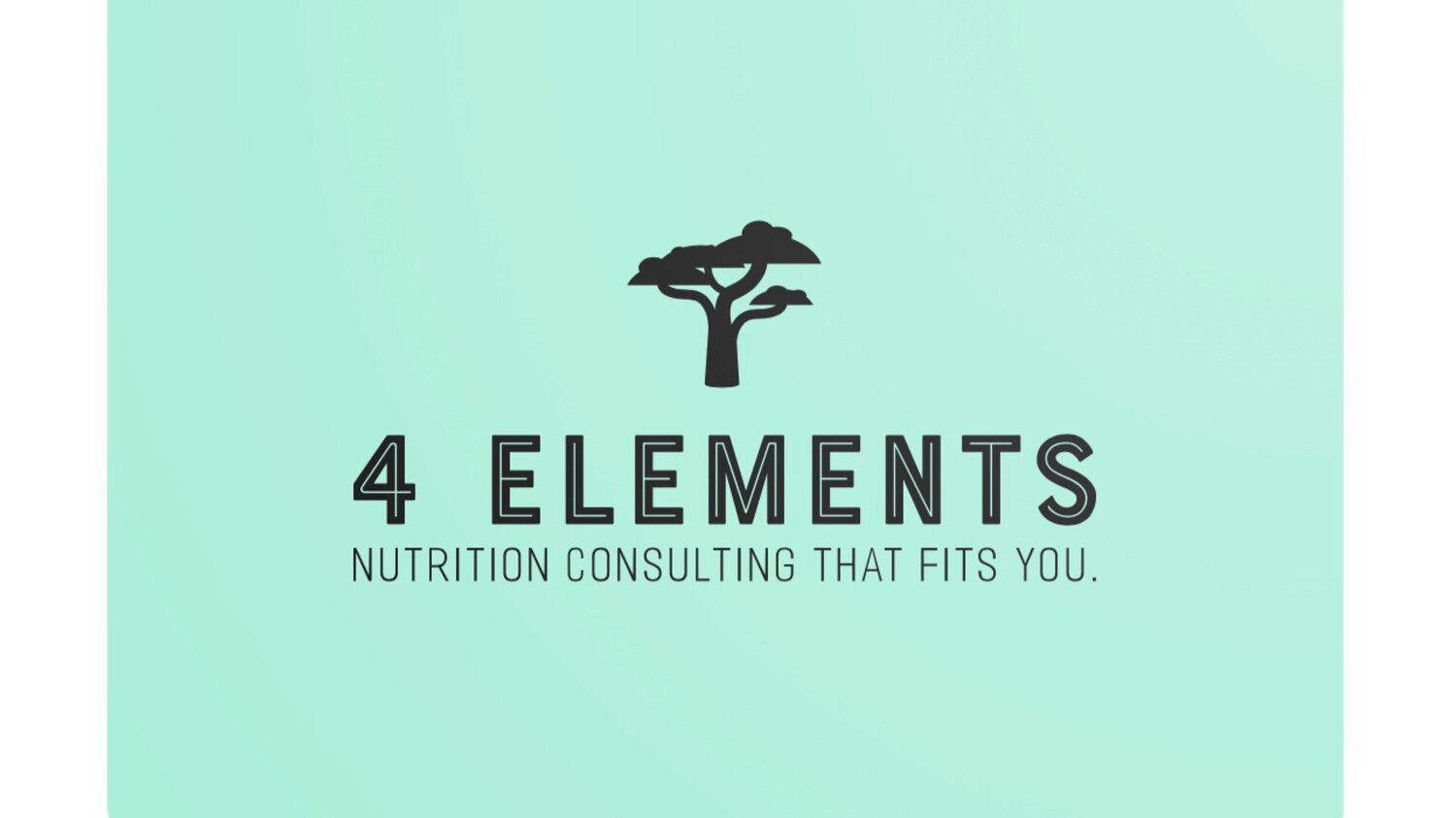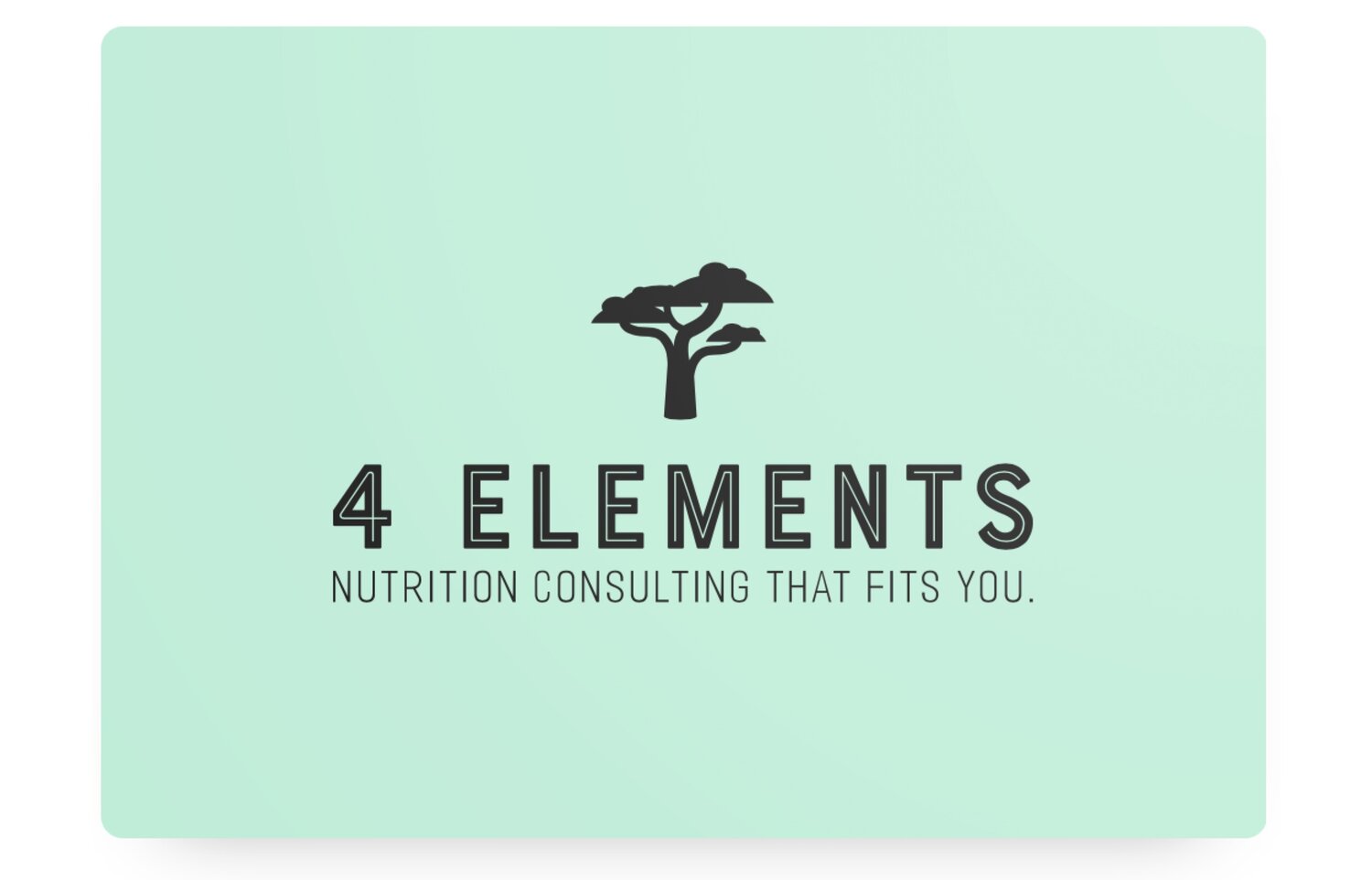An Immigrant’s Story on Earth Day
Picture the early 1980s in one of the most polluted and war-torn cities in the world, Tehran, where a little girl is driven to school because it is too unsafe to walk. The school grounds are made entirely of concrete. The bathrooms are so dirty that she’s too scared to use them. There is water provided, and if desired, a lunch sandwich can be purchased. Most of the time, the sandwich is made with egg or chicken salad, but many children have already gotten sick from eating these, so most abstain from this purchase. The little girl is described as a “picky eater” because most food during the war is rationed and choices are limited, so she stops eating the food that is served at home because it has no taste to it, or evokes any joy.
One day, due to good fortune and opportunity, this little girl finds herself, along with her family, on an airplane to Germany. This is a one-way ticket - no looking back. Upon deplaning and entering the welcoming halls of Frankfurt airport, the first thing the little girl smells and sees are a large stack of bananas - this image embeds itself in her mind so clearly, she can imagine this moment still. Small town Germany in the 1980s is a place with many farms, where food is grown and where it stays for consumption. The quality of food is fresh, the land is clean, and the air is filled with the smell of trees, marsh, and grass. The little girl thrives more than ever in her new environment, biking through trails in the summer, sledding in the trees in the winter, and enjoying potatoes pulled freshly out of the soil.
Fast forward five years, and the little girl is told by her parents that she has to move again. This time, the land is Canada, the farthest she has ever travelled on a plane. She is frightened, overwhelmed and excited at the same time. She is fascinated by the idea of visiting West Edmonton Mall, Niagara Falls, and learning more about the First Nations Culture, all of which she reads about in books and magazines.
Canada is vast, she realizes, and she has no idea she is fortunate enough to live in British Columbia, right along the coast, but surrounded by mountains: the best of both worlds. She grows up skiing, hiking, swimming, biking, and be outdoors as much as possible because that is how most people seemed to be spending their free time. She learns that the food is both extremely fresh, like spot prawns and salmon, but also culturally diverse - she tries wasabi, sushi, and pad thai for the first time during her teenage years. The air is always fresh here, until recent years, where the summer forest fires have started to worsen.
Three very different geographical locations, three different lives, however all united because they are connected to me. This is my story. Today, I reflect on this story and realize that although I could do better at not taking my environment and all the bounty my home offers me for granted, I prioritize to reduce, reduce, and recycle as much as possible. Our Earth, including its diverse cultures, lands, and environments, is precious and everything we value can disappear if we aren’t paying attention and taking care of it.

